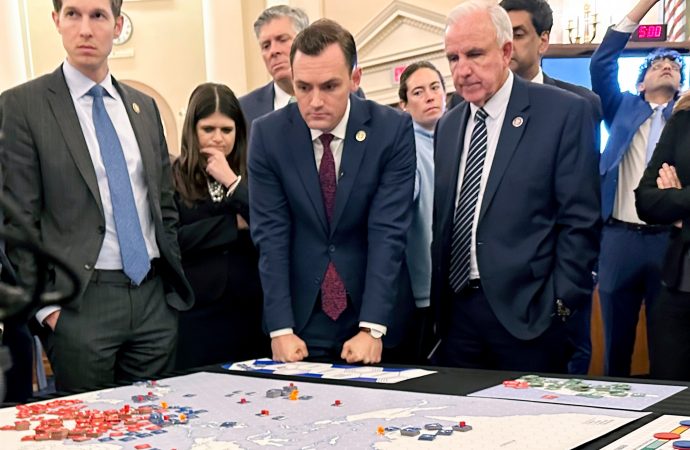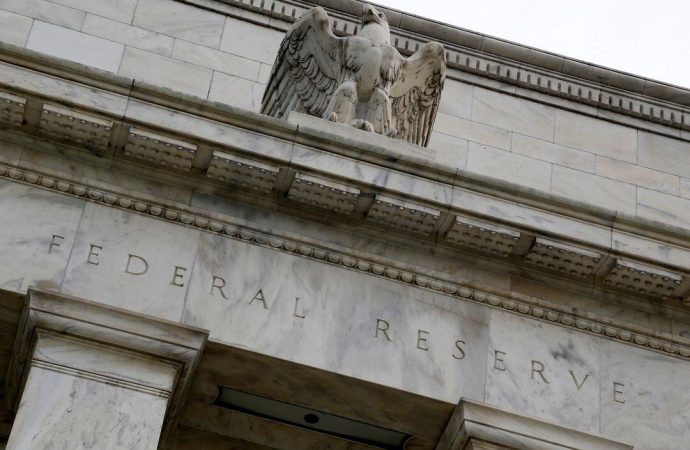Introduction In an unprecedented move, a House panel is advocating for a new dimension to stress testing conducted by the Federal Reserve—evaluating US banks for potential risks arising from a conflict with China. This groundbreaking recommendation raises critical questions about the intersection of national security and the stability of the financial sector. In this article,
Introduction
In an unprecedented move, a House panel is advocating for a new dimension to stress testing conducted by the Federal Reserve—evaluating US banks for potential risks arising from a conflict with China. This groundbreaking recommendation raises critical questions about the intersection of national security and the stability of the financial sector. In this article, we explore the implications of this proposal with insights from National Security and Financial Policy Expert, Dr. Allison Secure Insight.
The Uncharted Territory: National Security Stress Testing
Stress testing has been a cornerstone of assessing the resilience of financial institutions, but the inclusion of national security considerations introduces a new and complex dimension. Dr. Allison Secure Insight sheds light on why this novel approach is gaining traction and the potential impact on the banking sector.
Understanding the China Conflict Risk: A National Security Imperative
The House panel’s recommendation underscores the perceived importance of considering geopolitical risks, particularly those associated with China. This section delves into the geopolitical landscape, examining potential scenarios that could pose risks to US banks and the broader financial ecosystem.

Image by: https://amazonaws.com
Dr. Allison Secure Insight’s Analysis: Evaluating the Viability of the Proposal
As a leading expert in the intersection of national security and financial policy, Dr. Allison SecureInsight provides a nuanced analysis of the proposal. She explores the feasibility of stress testing for geopolitical risks, potential challenges, and the broader implications for the financial sector.
Financial Sector Preparedness: Proactive Measures and Contingency Planning
How prepared is the financial sector to navigate potential geopolitical turbulence? Dr. Allison SecureInsight discusses the importance of proactive measures, including contingency planning, to enhance the resilience of US banks in the face of evolving geopolitical dynamics.
International Ramifications: Impact on Global Financial Systems
The House panel’s recommendation isn’t confined to national borders; it carries potential implications for global financial systems. This section explores how stress testing for geopolitical risks might influence international perceptions and cooperation in the financial realm.
Conclusion: Balancing National Security and Financial Stability
As the House panel advocates for a national security stress test, the delicate balance between safeguarding the nation’s interests and maintaining financial stability comes into sharp focus. Dr. Allison SecureInsight emphasizes the need for careful consideration, collaboration between policymakers and financial institutions, and ongoing dialogue to ensure a resilient financial system in an ever-changing geopolitical landscape

















Leave a Comment
Your email address will not be published. Required fields are marked with *